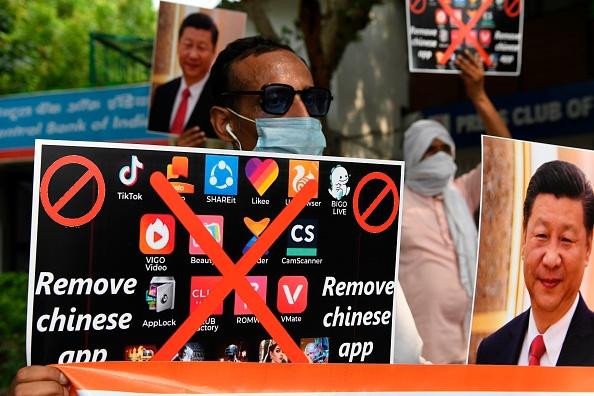China has managed to obtain extensive influence in India, including in the South Asian nation’s film industry, universities, media, and its tech industry, according to a report by an Indian think tank.
In the years following World War II, the Chinese Communist Party (CCP) has utilized journalists and members of other organizations, especially those with Marxist tendencies, to proliferate the CCP’s influence in India, said the Law and Society Alliance (LSA) report released on Friday.



